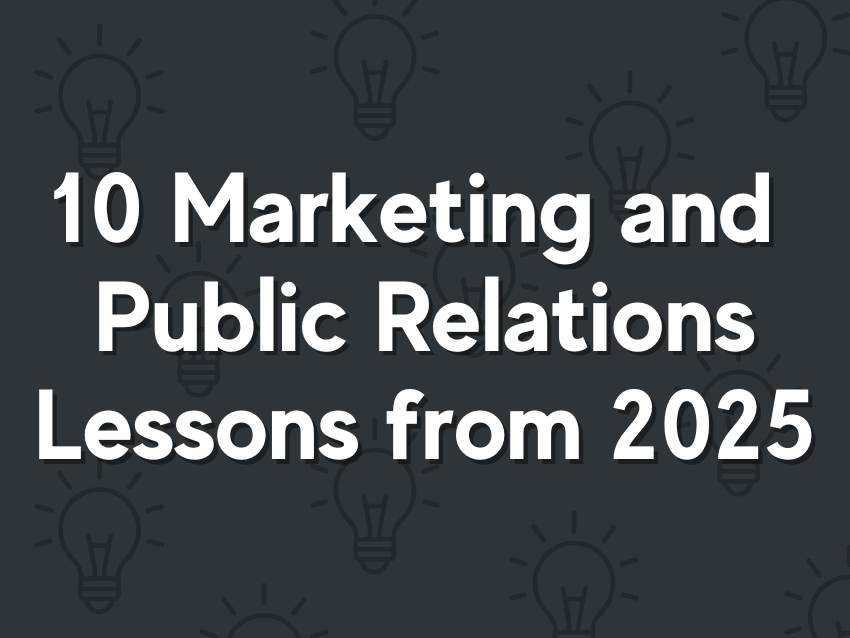We’ve been interviewing for a couple of account management positions in our firm. Most of the candidates are recent graduates or have been in the working world a few years.
Everyone in our office, most of whom are young professionals themselves, have been amazed that emerging professionals haven’t been taught how to interview properly, dress appropriately, and arrive prepared. We’ve also had more than a few candidates who have scheduled interviews, not shown up, and not called. I’ll chalk this up to the anonymity – responding to a posting on craigslist – but we do talk with them on the phone first.
Here’s what we were taught and recommend to those interviewing:
In terms of dress, you can’t go wrong with a suit. This doesn’t have to be a formal, dark-colored suit, although that it makes a nice impression, but simply something that’s professional. If you’re wearing a dress, put on a jacket. In our ads, we’re clear that we’re not an entertainment PR firm, and we’re also not in fashion. Because our firm works with professional services, we want to see that a candidate understands how to dress professionally. Although we dress casually most of the time, it’s only when we’re not going to a meeting. We’ve had candidates arrive who look like they just wandered in, perhaps thinking, “Oops, I forgot, it’s time for my interview, so I’m just going to run over in my casual dress and sandals.” Another candidate dressed like she was ready for a night out at a club. We had one candidate, who had some experience and presented herself very well, arrive in a fairly low-cut dress without a jacket. Even if she had worn the same dress but had a jacket on, she would have professionalized her look and made a much better presentation
In addition to seeming not to give much thought to proper interview dress, many candidates don’t remember to bring a copy of a resume. When a candidate dresses properly, presents themselves well, and has a resume to discuss, they make an overall better impression.
If you’re preparing for an interview and unsure of how to dress, err on the side of being conservative. You can always dress differently once you have the job if the environment is more casual. Don’t wear something low cut or inappropriately short. A man should wear a suit or at least a sport coat and nice slacks. If a woman opts for a dress instead of a suit, then she should wear a jacket. Wear dress shoes, not flip-flops, sandals, or running shoes. Additionally, if you’re not going to arrive, then be courteous and call. When you do go to an interview, bring a copy of your resume. Follow up with a thank you note, an email, or a thank-you letter. If you promise samples, then bring or send them. Overall, think about how you’re presenting yourself. It truly is like the old saying goes: you only get one chance to make a first impression.


